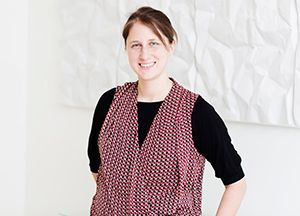About the project
Information for participants / Call for participation
When parents’ speech patterns and languages are challenged or neglected by members of the broader society in a context of superdiversity, the multilingual competences of children are at risk. Language acquisition and learning is both a solid ability of children as well as a fragile process and parents and care-givers have to navigate through different language policies, negotiate expectations and possibilities and deal with standards of performance and competence.
Still, the perceptions, expectations and imaginations of parents regarding their family language policy (FLP) have rarely been the center of attention in acquisition research. Understanding parents’ construction of 'safe spaces' to support their children's multilingual competence is crucial, as they affect children's language acquisition and their language learning on their trajectory to formal education. Linking their expectations and plans to actual interactions in the family setting, comprising multilingual practices and representations, is the main goal of the proposed research.
The construction of family space as 'safe' environments for language use and language acquisition adds to a manifold perspective on family language policy (FLP) in MultiFam, as it completes research on multilingual competencies and practices with a perspective on lived language experience.
This project focuses on FLP, the negotiation of practices that are primarily used within the family and how these are related to (institutional) discourses and experiences that transcend the immediate family setting, using an ethnographic and interaction-centered approach. This both builds on and expands my prior research on heteroglossia and spatial negotiation, starting with work on parental expectations about their multilingual family settings in heteroglossic contexts (Purkarthofer 2011), continuing with in-depth analysis of support for traditional minority and recent non-majority languages in a dual medium primary school (PhD thesis Purkarthofer 2014) and going on with research in multilingual kindergartens, where a focus was set on the negotiation of language ideologies between teachers and children (in preparation).
Drawing on the innovative results from these studies, mainly the active use of 'safe spaces' for the acquisition of language practices, my focus is now on the family as the primary source of language identity and acquisition. As children move between families and educational institutions, their lived language experiences are strengthened or questioned, depending on language policies and ideologies. Finding the links and interstices between private and public language ideologies and policies promises a refined scientific understanding of multilingual competences of children. Such research additionally has policy relevance in that it allows thinking about better support of children and parents as well as teachers.
Duration
2015–2018
